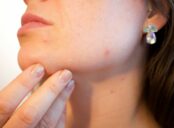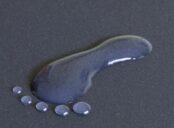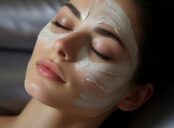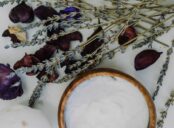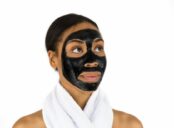Anti-aging serums: Unlocking the Secrets to Youthful Skin

[Introduction]
As we age, the desire to maintain a youthful and radiant complexion becomes increasingly important. This has led to the rise in popularity of anti-aging serums, which are now a staple in the skincare routines of many individuals. In this article, we will delve into the world of anti-aging serums, exploring what they are, their historical background, and everything you need to know about these potent skincare heroes.
[I. What is an Anti-Aging Serum?]
An anti-aging serum is a specialized skincare product designed to combat the signs of aging, such as wrinkles, fine lines, and loss of elasticity. Unlike traditional moisturizers, serums contain a higher concentration of active ingredients that penetrate deeper into the skin, targeting specific concerns and delivering visible results.
[Key Points: What makes anti-aging serums effective]
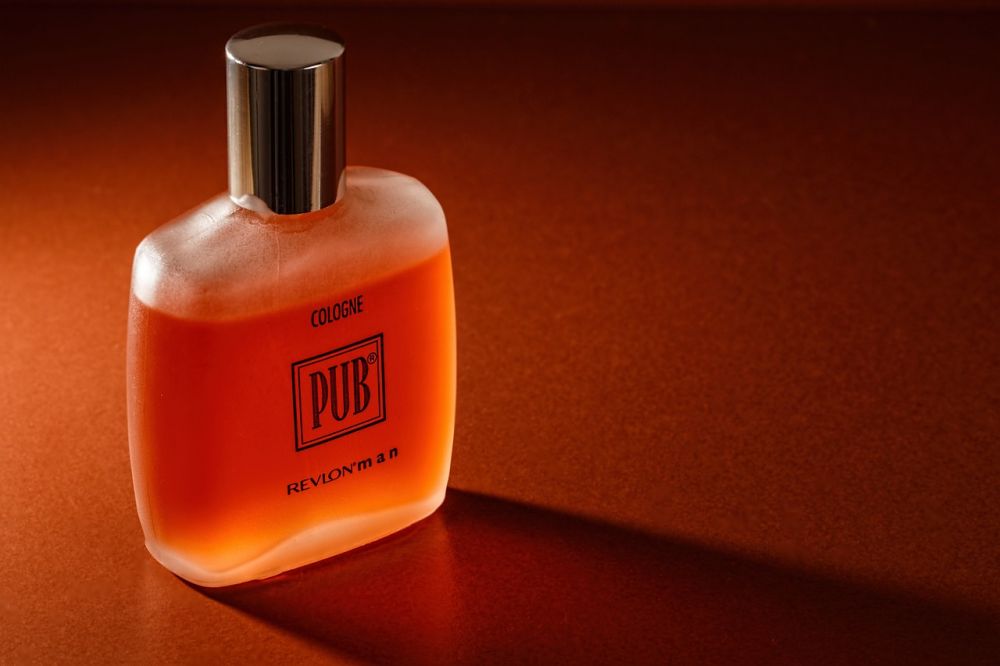
– Potent Ingredients: Anti-aging serums often include powerful ingredients like retinol, hyaluronic acid, and vitamin C, known for their ability to boost collagen production, reduce wrinkles, and brighten the complexion.
– Lightweight Formulas: Serums have a lightweight texture, allowing for better absorption and deeper penetration into the skin.
– Targeted Treatment: These serums are formulated to address specific concerns, such as fine lines, sagging skin, or hyperpigmentation.
– Supplement to Moisturizer: Serums should be used alongside a moisturizer to provide hydration and seal in the active ingredients.
[II. The Evolution of Anti-Aging Serums]
To truly appreciate the efficacy of modern-day anti-aging serums, it is crucial to understand their historical evolution. Throughout the years, the skincare industry has witnessed immense advancements and breakthroughs in the formulation of anti-aging products, paving the way for the innovative serums we have today.
[Ancient Times]
The concept of skincare dates back thousands of years ago, with ancient civilizations developing their own beauty rituals and remedies. From ancient Egypt’s use of oils and spices to protect and nourish the skin to ancient Greece’s use of honey and milk for a youthful glow, early skincare practices laid the foundation for the development of anti-aging products.
[Renaissance Era]
During the Renaissance, skincare became intertwined with luxury and sophistication. Wealthy individuals sought after potions and elixirs, often containing rare botanical extracts and precious gemstones, in an attempt to preserve their youthfulness. These beauty concoctions were the precursors to the serums we know today, albeit lacking in scientific advancements.
[Twentieth Century]
The twentieth century witnessed significant progress in skincare research and technology. With the discovery of vitamins and the understanding of how they contributed to skin health, scientists began incorporating these nutrients into skincare formulations. The introduction of retinol and alpha-hydroxy acids (AHAs) revolutionized anti-aging skincare, effectively reducing the appearance of wrinkles and improving skin texture.
[Modern Era]
Advancements in cosmetic science have propelled anti-aging serums into the spotlight. Today, serums are formulated using cutting-edge technologies, allowing for the inclusion of highly-concentrated active ingredients that target specific signs of aging. The rise of cosmeceuticals, combining the benefits of cosmetics and pharmaceuticals, has further revolutionized the anti-aging industry.
[III. Choosing the Right Anti-Aging Serum for You]
Finding the perfect anti-aging serum can be daunting, given the plethora of options available. To ensure optimal results, it is essential to consider specific factors when selecting a serum that suits your needs.
[Key Points: Factors to consider when choosing an anti-aging serum]
– Skin Type: Different serums cater to specific skin types, whether oily, dry, or sensitive. Identify your skin type and look for serums formulated to address your concerns.
– Ingredients: Look for clinically proven ingredients, such as retinol or hyaluronic acid, known for their effectiveness in reducing signs of aging.
– Concentration: Check the concentration of active ingredients in the serum, as higher concentrations tend to yield more noticeable results.
– Texture and Absorption: Consider the texture and absorption qualities of the serum, ensuring it is suitable for your preferences and skincare routine.
– Price: While quality does come at a cost, it is essential to consider your budget and invest in a serum that provides the best value for your money.
[Conclusion]
Anti-aging serums have become an integral part of skincare routines, offering targeted treatment and visible improvements in combating signs of aging. From their humble beginnings in ancient times to the state-of-the-art formulations of today, serums have come a long way in the quest for youthful skin. By understanding what these serums are and making informed choices, you can unlock the secrets to maintaining a radiant and ageless complexion. So, embrace the power of anti-aging serums and embark on your journey to age gracefully and confidently.





